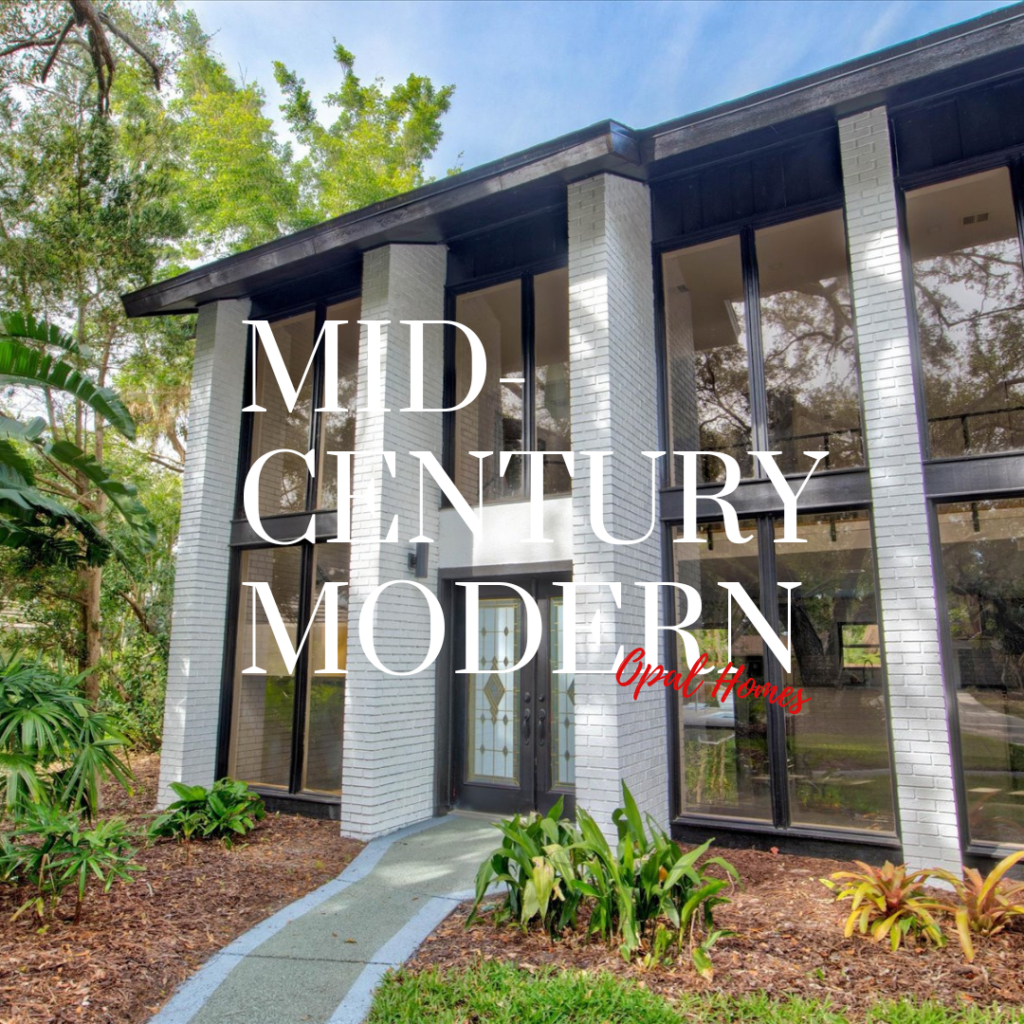Mid-century modern architecture is a popular design style that emerged in the United States during the 1940s and continued through the mid-1960s. This style was characterized by clean lines, flat roofs, and large windows that allowed natural light to flood the interiors. One state that saw a significant number of mid-century modern buildings constructed during this period is Florida.
Florida’s mid-century modern architecture reflects the state’s unique environment and lifestyle. The warm climate and outdoor living that Floridians enjoy are often incorporated into the designs. Here are some of the key characteristics of mid-century modern architecture in Florida:
Use of Materials
Mid-century modern architecture often utilizes new materials, such as concrete, glass, and steel. Florida’s climate makes concrete and stucco exteriors a popular choice for their ability to withstand the elements. Additionally, large windows and sliding glass doors were used to bring the outdoors in, blurring the boundaries between the interior and exterior spaces.
Flat Roofs
Mid-century modern homes are known for their flat roofs. In Florida, these roofs were ideal for the state’s mild climate and provided ample outdoor living space. They also allowed for the installation of solar panels, which have become increasingly popular in recent years.
Open Floor Plans
Open floor plans are a key feature of mid-century modern design, and Florida’s architects took full advantage of this feature. Large, open living spaces that flow into each other allow for a seamless transition from indoor to outdoor living. These open floor plans were ideal for Florida’s sunny climate, allowing for plenty of natural light to flood the interiors.
Use of Color
Mid-century modern architecture in Florida often incorporates bold colors, such as bright blues, yellows, and greens. These colors were used to add a pop of personality to the otherwise minimalist designs. They were also used to create a sense of playfulness, reflecting the state’s laid-back lifestyle.
Geometric Shapes
Mid-century modern design often utilizes geometric shapes, and this is particularly true in Florida’s mid-century modern architecture. Angular shapes and clean lines were used to create a sense of order and simplicity. These shapes also helped to define the spaces within the homes, allowing for efficient use of space.
Some of the most famous examples of mid-century modern architecture in Florida include the Fontainebleau Hotel in Miami Beach, the Sarasota School of Architecture, and the Seagram Building in New York (designed by Florida architect Paul Rudolph).
In recent years, mid-century modern architecture has seen a resurgence in popularity, and many of these buildings have been lovingly restored or renovated. Today, these buildings are celebrated for their timeless designs, bold use of materials and colors, and seamless integration with the surrounding environment.
In conclusion, mid-century modern architecture in Florida is a unique and vibrant expression of the state’s culture, climate, and lifestyle. Its clean lines, bold use of materials and colors, and open floor plans continue to inspire architects and homeowners today.



Leave a Reply
You must be logged in to post a comment.